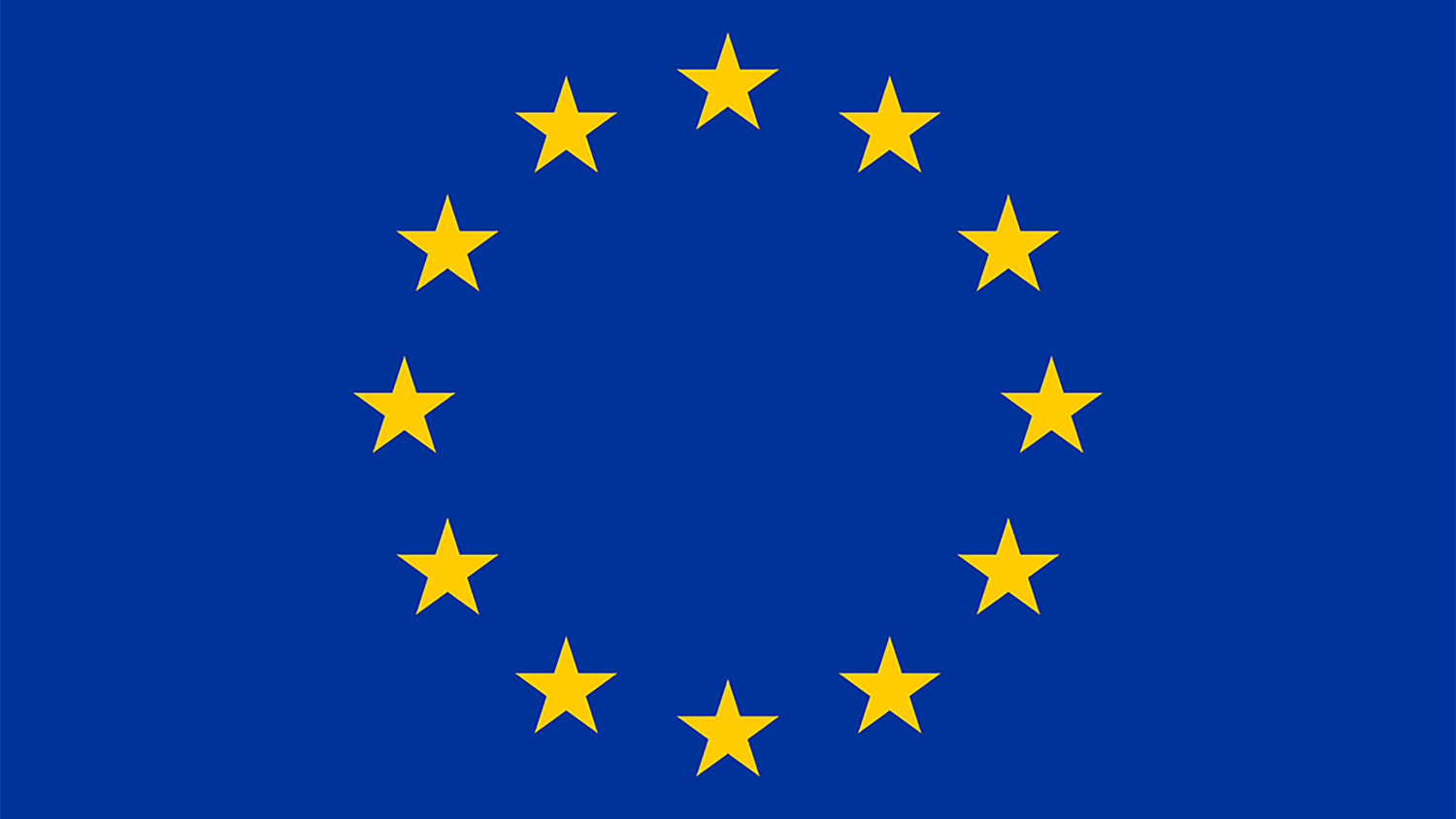European Union
Relations between Switzerland and the European Union in the financial and tax areas are of central importance and have a significant impact on the framework conditions for the Swiss economy. Access to EU markets is strategically crucial for the Swiss financial sector. Cooperation in the financial and tax areas contributes significantly to the integrity and stability of the financial markets and to strengthening economic integration and competitiveness in Europe.
Financial sector
In the financial sector, numerous EU legal acts contain provisions on third countries that grant Swiss financial institutions access or regulatory relief, provided that the regulation and supervision are recognised as equivalent. Such equivalence procedures are central to the competitiveness of the Swiss financial centre. Several equivalence recognitions have already been achieved in the past.
After a hiatus of several years, Switzerland and the EU resumed their regulatory dialogue in Bern on 4 July 2024. The discussions covered topics such as financial market stability, cross-border activities, capital market integration, digital finance, cyber security, sustainable finance and insurance. On 18 June 2025, both sides reaffirmed their cooperation in Brussels with a joint declaration.
Taxation
Exchange of information
The agreement between Switzerland and the EU on the automatic exchange on financial accounts (AEOI) (in French, German and Italian) has been in force since 1 January 2017 and applies for all EU member states. The agreement implements the global AEOI standard on financial accounts of the Organisation for Economic Co-operation and Development (OECD). It helps to combat cross-border tax evasion. This agreement is currently being revised following the OECD's adoption of the 2023 update of the international AEOI standard on financial accounts.
On 22 October 2025, the Federal Council launched the consultation on the Amending Protocol to the Agreement between Switzerland and the European Union (EU) on the AEOI to improve international tax compliance. The Agreement will be aligned with the amended OECD standard and also contains new provisions on administrative assistance for the recovery of VAT claims. The consultation will run until 6 February 2026.
Business taxation
On 14 October 2014, Switzerland and the 28 EU member states signed a joint statement on business taxation, in which Switzerland undertook to abolish five controversial tax regimes and the EU member states reaffirmed their intention to repeal any countermeasures taken once the tax regimes in question had been abolished.
Swiss voters approved the Federal Act on Tax Reform and AHV Financing (TRAF) in a referendum in May 2019. With the full entry into force of the TRAF on 1 January 2020, Switzerland abolished tax regimes that were no longer in line with international standards. Internationally compatible tax measures, such as a patent box, were introduced to ensure that Switzerland remains competitive. The economics and finance ministers of the EU member states acknowledged this progress and decided during their meeting on 10 October 2019 to remove Switzerland from their tax list.
Further information
Switzerland’s policy on the European Union
Considering the intense relations maintained with its European neighbours, it is crucial for Switzerland to have a focused and concerted policy in pursuing its interests with respect to the European Union (EU).


